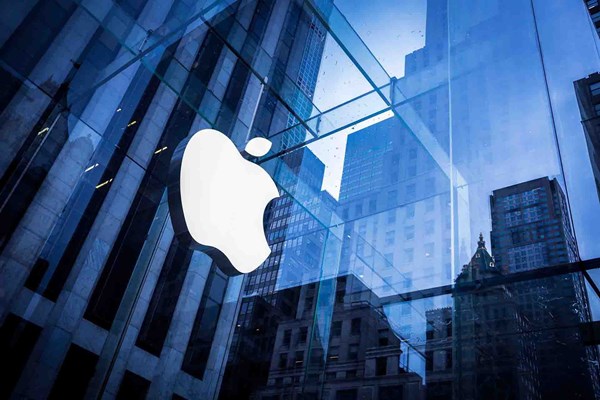Russian government demands that Apple remove Telegram from its AppStore
The Russian Federal Service for Supervision of Communications, Information Technology and Mass Communications (Roskomnadzor) demanded that Apple stop distributing the Telegram application in the AppStore in Russia, and that they block the messenger from sending push notifications.
The statement by the press service of the ministry, published on Monday, May 28, says that the regulator is waiting for an immediate response from Apple about the company’s further actions "aimed at solving these problematic issues." Otherwise, the government may initiate actions "aimed at disrupting the functioning of the above-mentioned Apple services" in Russia.
The confrontation between Roskomnadzor and Telegram continues began on April 13, when the court granted the agency's request to block the messenger in Russia for refusing to provide the FSB with encryption keys. On April 16, Roskomnadzor began to restrict access to the messenger, as well as block the VPN and proxy services that provided access to Telegram in Russia.
The IP addresses of Amazon, Microsoft and Google, as well as the largest Russian companies including Yandex, Vkontakte and Odnoklassniki social networks, were also blocked. As a result, many users and owners of Internet resources began to face difficulties in accessing services and websites. At the same time, Telegram continues to work in Russia although with some interruptions.
Meanwhile, the head of the Investigative Committee of Russia, Alexander Bastrykin, spoke at the Congress of Children's Rights Commissioners about the need to "close down Instagram." "We cannot even close down Instagram and, by the way, Instagram should be closed, because the terrorist attack in Leningrad last year was committed with the help of Instagram," said the head of the IC of the Russian Federation, RBC news agency reported.
Eventually, the Committee’s press service clarified Bastrykin’s statements. "He stressed the need for blocking Telegram messenger, which was used by perpetrators that committed particularly serious crimes, including the terrorist attack in the metro of St. Petersburg in 2017."
